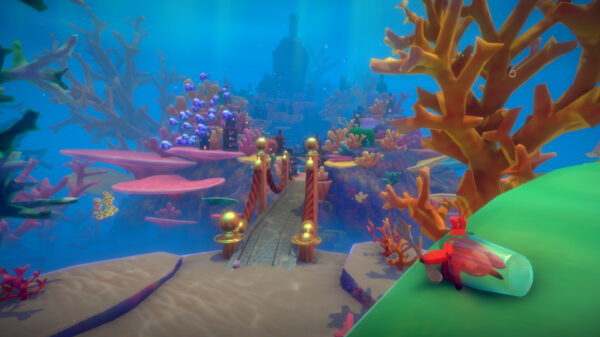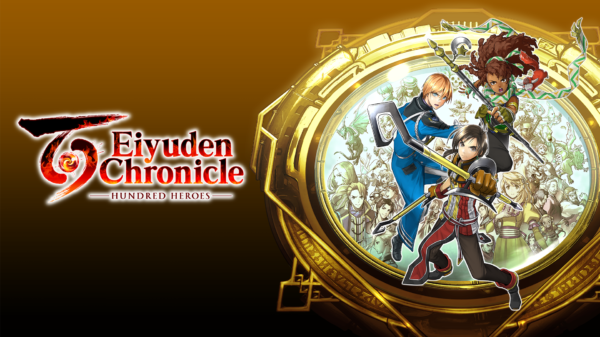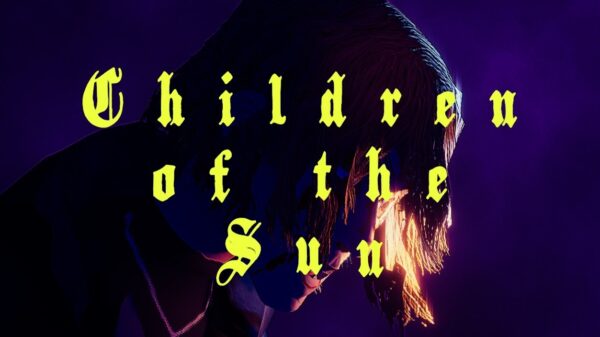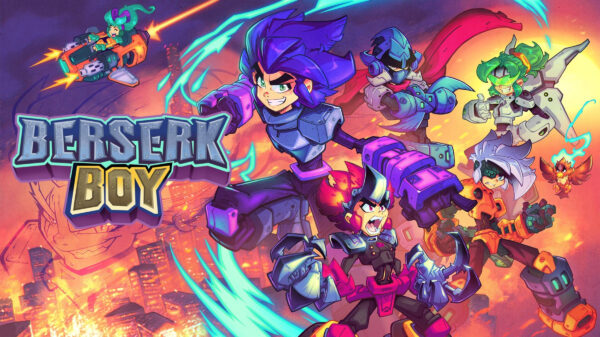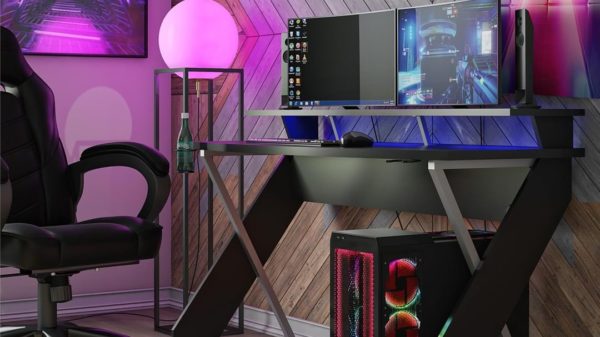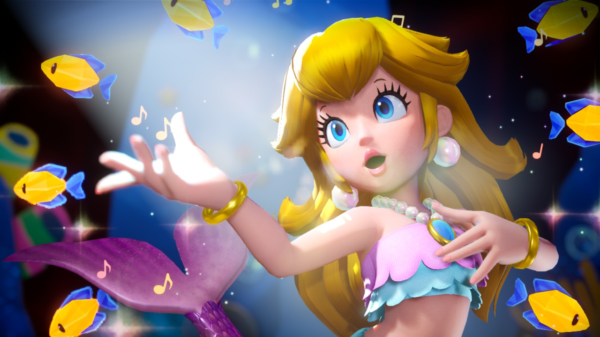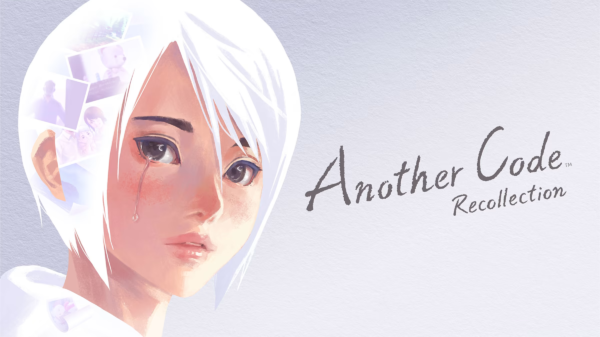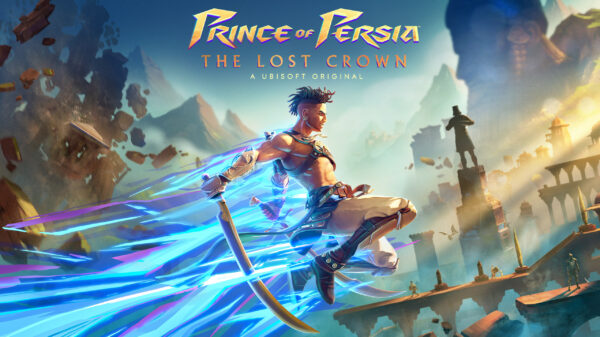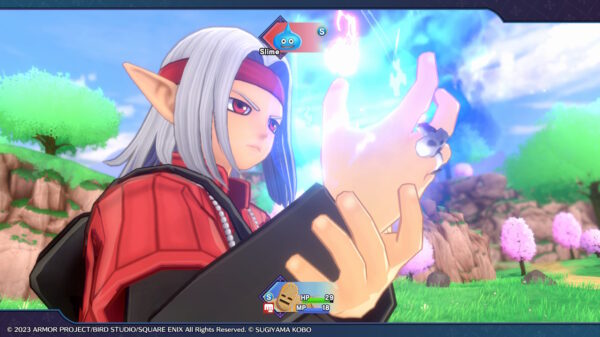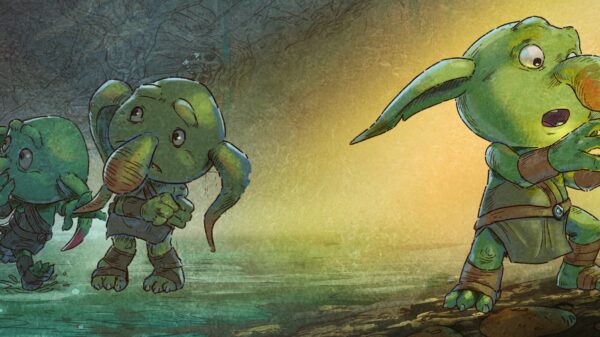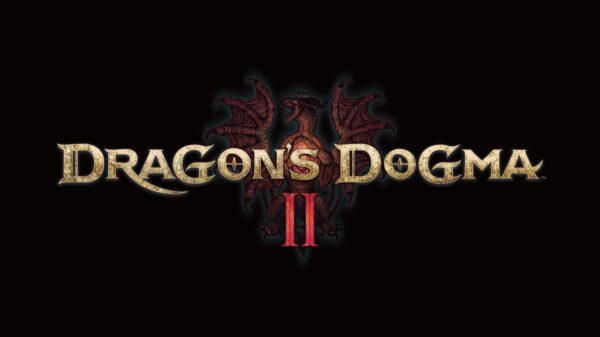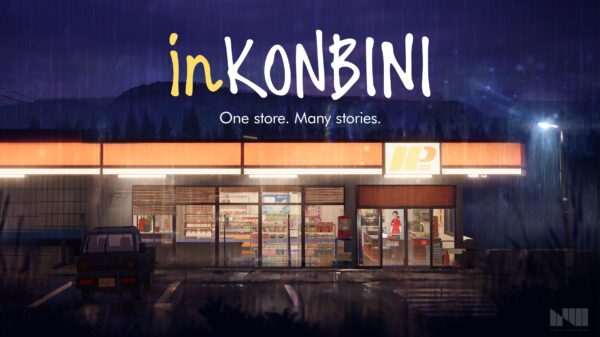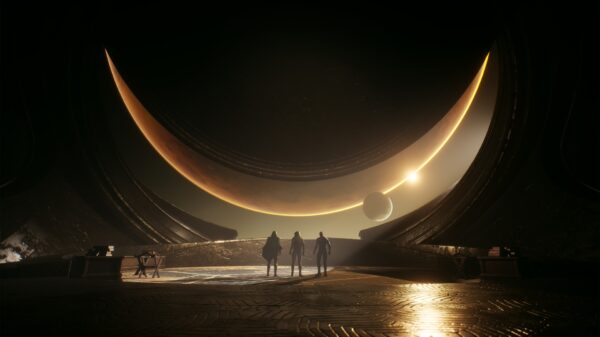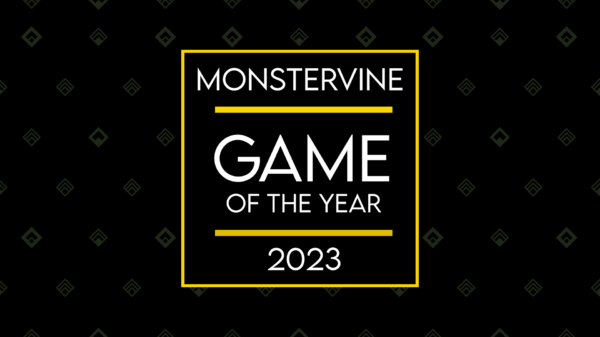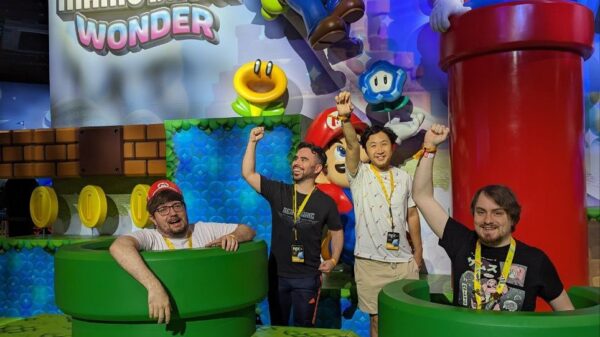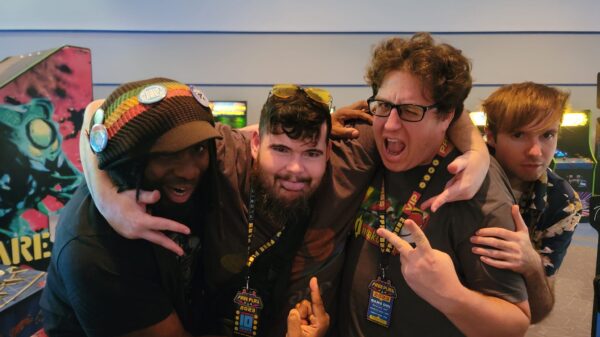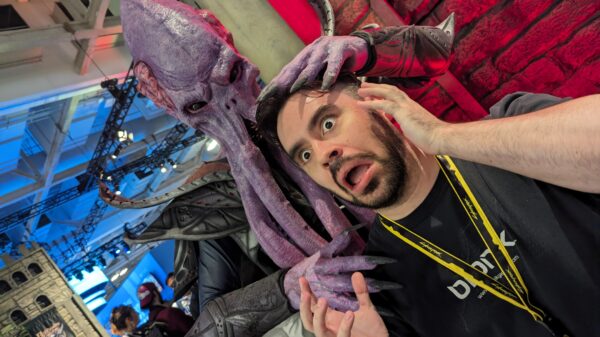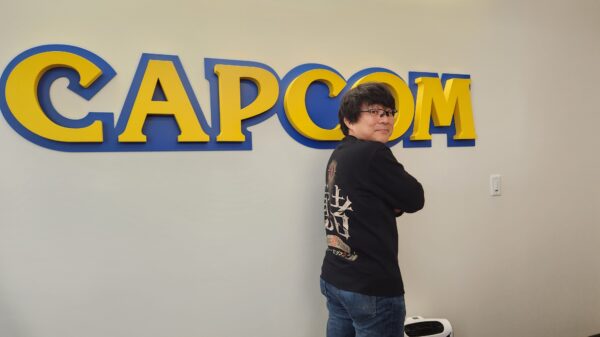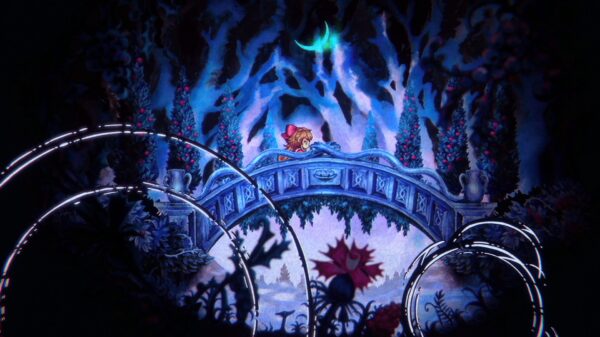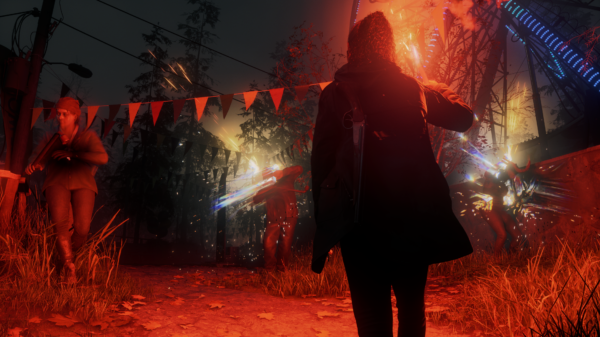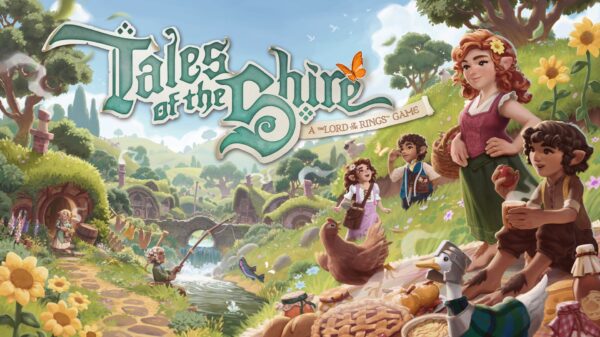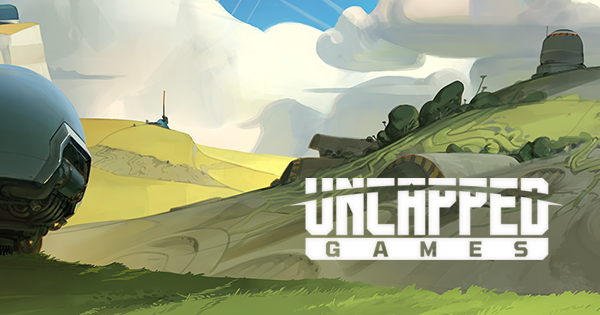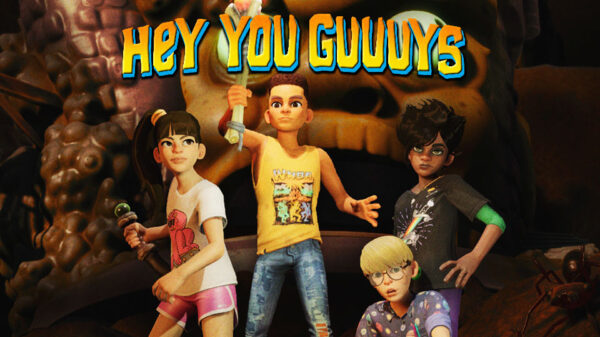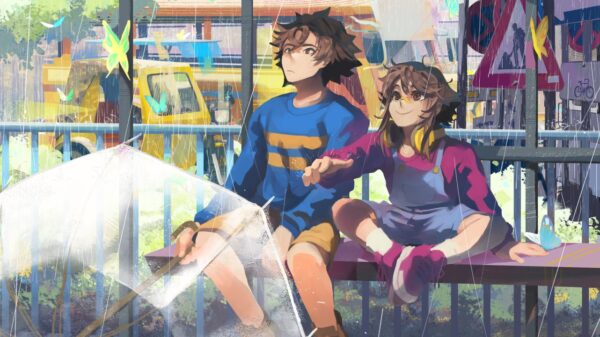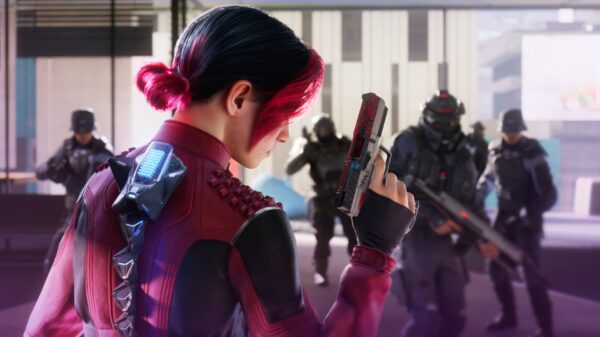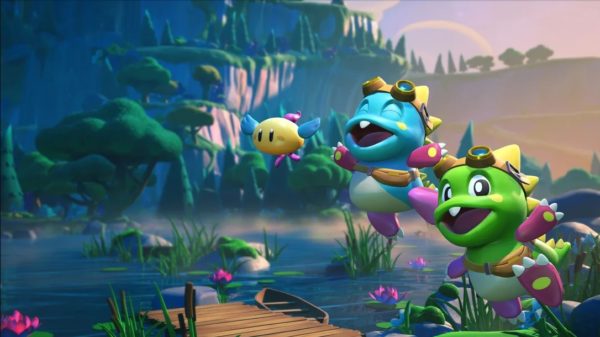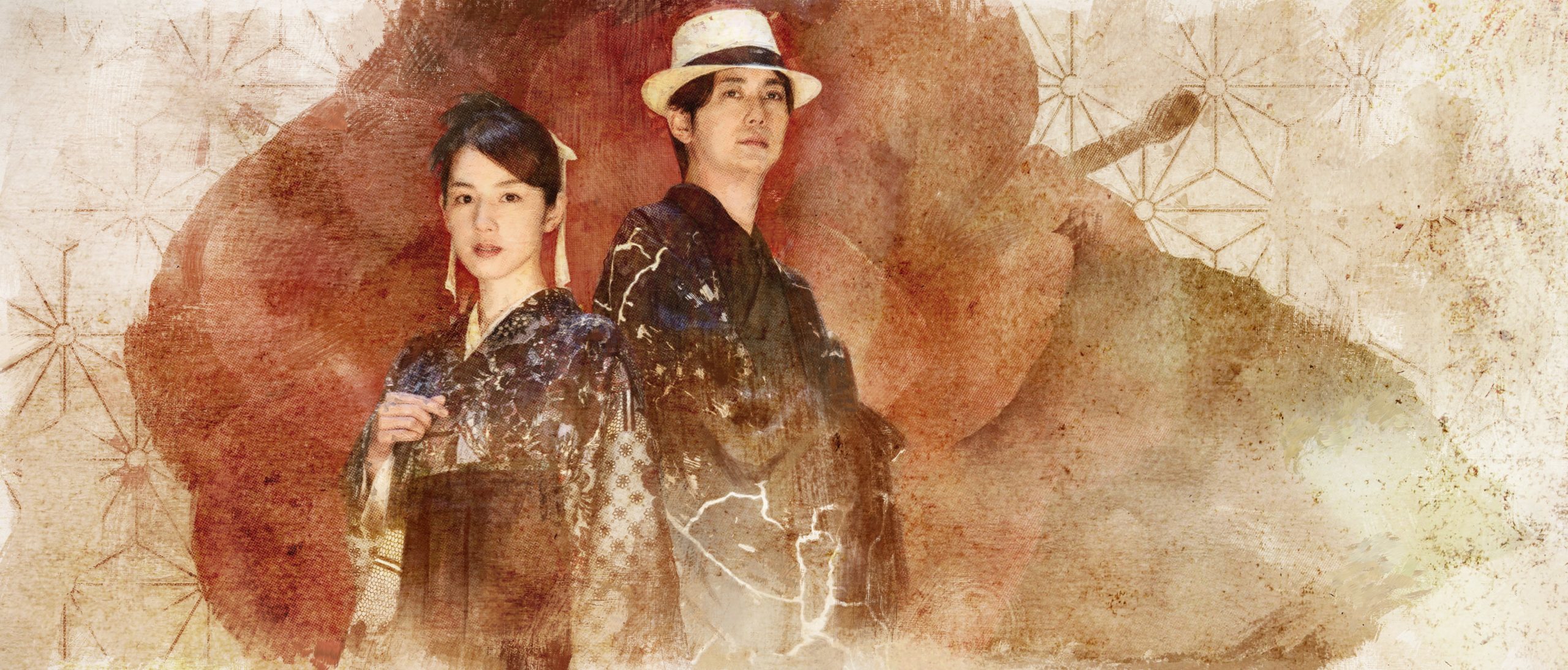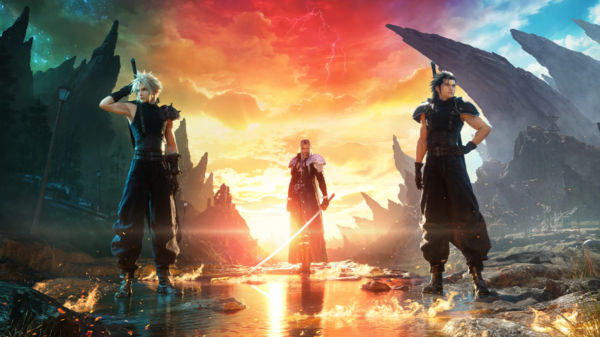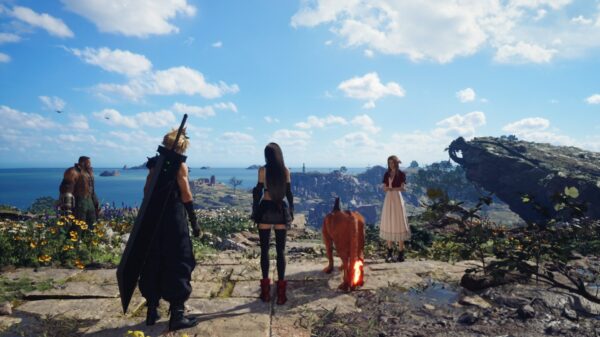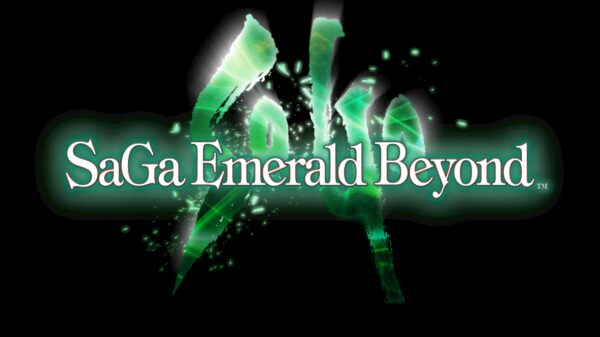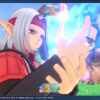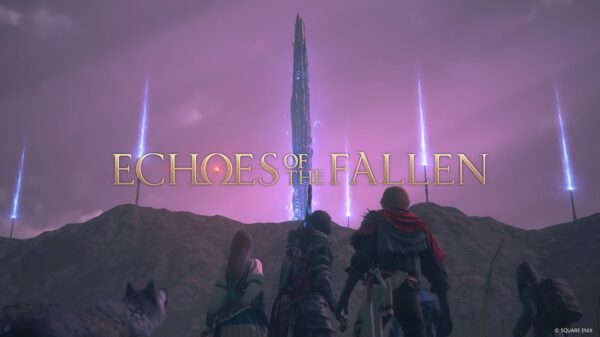Delve into a century-old mystery and piece together the truth of each case in the full-motion video mystery game The Centennial Case.
The Centennial Case: A Shijima Story
Developer: Square Enix
Price: $50
Platform: PC, PlayStation 4, PlayStation 5, Switch (reviewed)
MonsterVine was provided with a Switch code for review.
The Centennial Case: A Shijima Story begins when mystery novelist Haruka Kagami is asked by her friend Eiji Shijima to visit his family’s home with him to see if she can learn anything about the mysterious skeleton recently uncovered on the property and the legendary Fruit of Youth said to be passed down through the family.
It is a full-motion video game that uses live action footage for its lengthy story scenes, which take place not only in the present, but also in several prior time periods stretching back 100 years. Early on, Haruka begins reading a story about the events that occurred 100 years ago, which then puts the player in the role of that story’s protagonist. Haruka is encouraged to fill in gaps by imagining the characters in the story as people she knows, which is a fun way to justify using the same actors in multiple time periods and also sets up some intriguing possibilities and questions once you begin to draw connections.
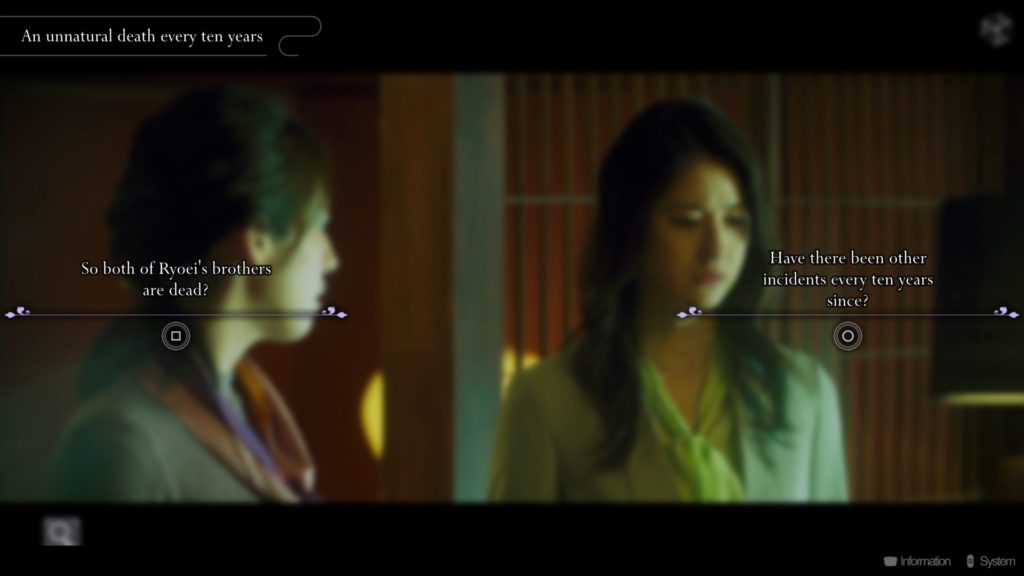
The gameplay is fairly sparse, so it feels much more like watching a mystery show that occasionally asks for your input. During the majority of scenes, you’ll only get an occasional dialogue choice that doesn’t influence too much or be prompted to press a button to collect clues, but any missed clues and additional clues besides are automatically given to you for the reasoning phase anyway.
The reasoning phase is where the majority of gameplay occurs. Once you’ve reached the critical point in the story where you need to solve the case, mysteries are presented to you as nodes to which you must connect clues. Connecting clues to a mystery creates a hypothesis, one of many possible answers to the mystery. Creating a hypothesis often produces further mysteries, for you to answer with more clues.
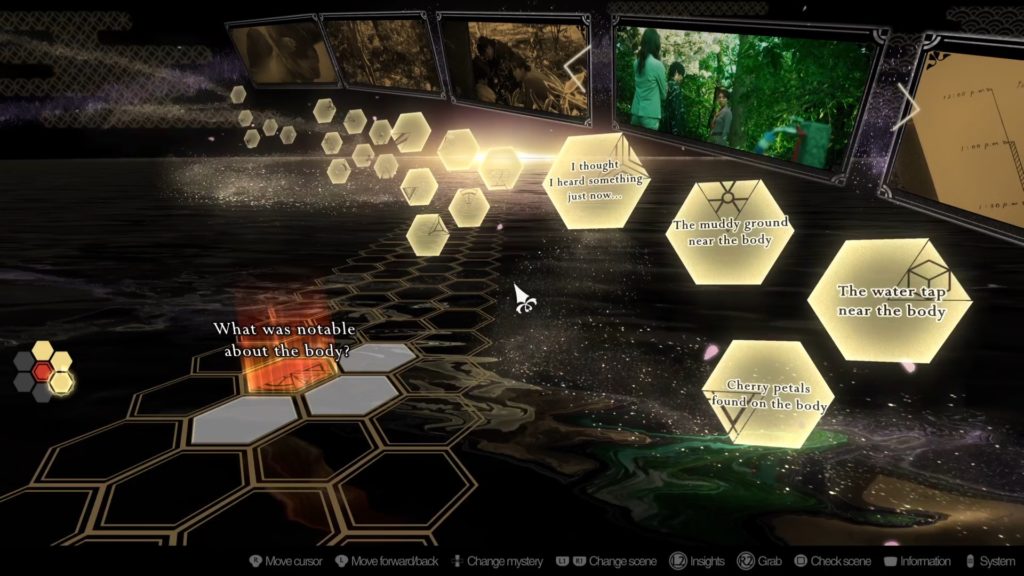
Reasoning is more or less a matter of matching. Every mystery has certain clues that can connect to it to create hypotheses. There is no way to connect the wrong clue and no penalty for exploring every possible combination. Once you have enough hypotheses to make a case, you can stop, but you’re free to fill in every node to see every hypothesis if you want. Which clues connect to the mystery sometimes feels vague (such as certain clues being different ways of wording the same thing, each to be used with a different mystery), but each mystery and clue is actually marked with symbols that show how they connect, so ultimately you can just match them if you want. You also can expend a point of insight to highlight all clues that connect to the current mystery, and insight replenishes as you create more hypotheses.
Once you leave the reasoning phase, you’re given a chance to view a summary of your hypotheses and then return to the story. Whichever protagonist you’re playing as at the time then confronts the case’s culprits, and you choose from the hypotheses you created and the clues you gathered to make your case. If you get an answer wrong, the other characters refute it and you’re sent back to the reasoning screen. It doesn’t make you go through the reasoning process again, so I wish there was an option to skip that, but it’s easy enough to get back to the question and try again. There is no real penalty for wrong answers, but you’re scored at the end of each chapter based on how well you did. Aside from one part of the game that leans into it more heavily, the gameplay feels less like playing a game and more like lining up all the clues to try to figure out the story.
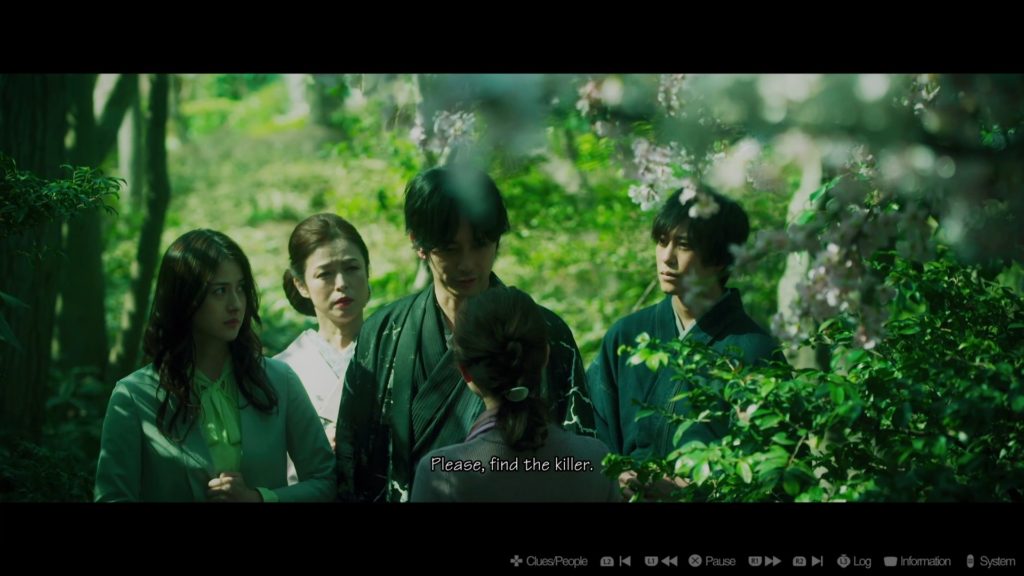
The Centennial Case: A Shijima Story is a fascinating, tightly-plotted mystery. Each chapter has its own interesting case to unravel, and the way everything ties into the overarching story makes it even better. Tiny clues are hidden in clever ways to only become apparent once you begin connecting the pieces together. Just make sure you don’t overlook the epilogue, which becomes available from the title screen after you finish the final chapter. By the time I reached the end, I was impressed by the mystery and the story it told. I wouldn’t mind seeing more games in a similar vein from this team in the future.
 The Final Word
The Final Word
The Centennial Case is not the game you should look toward for gameplay, but rather for its story. With hours of live action footage as the bulk of its content, playing it feels like watching a mystery show while piecing the clues together. If you enjoy trying to figure out a mystery yourself as the story unfolds, this game’s approach should appeal to you.
MonsterVine Rating: 4.5 out of 5 – Great

